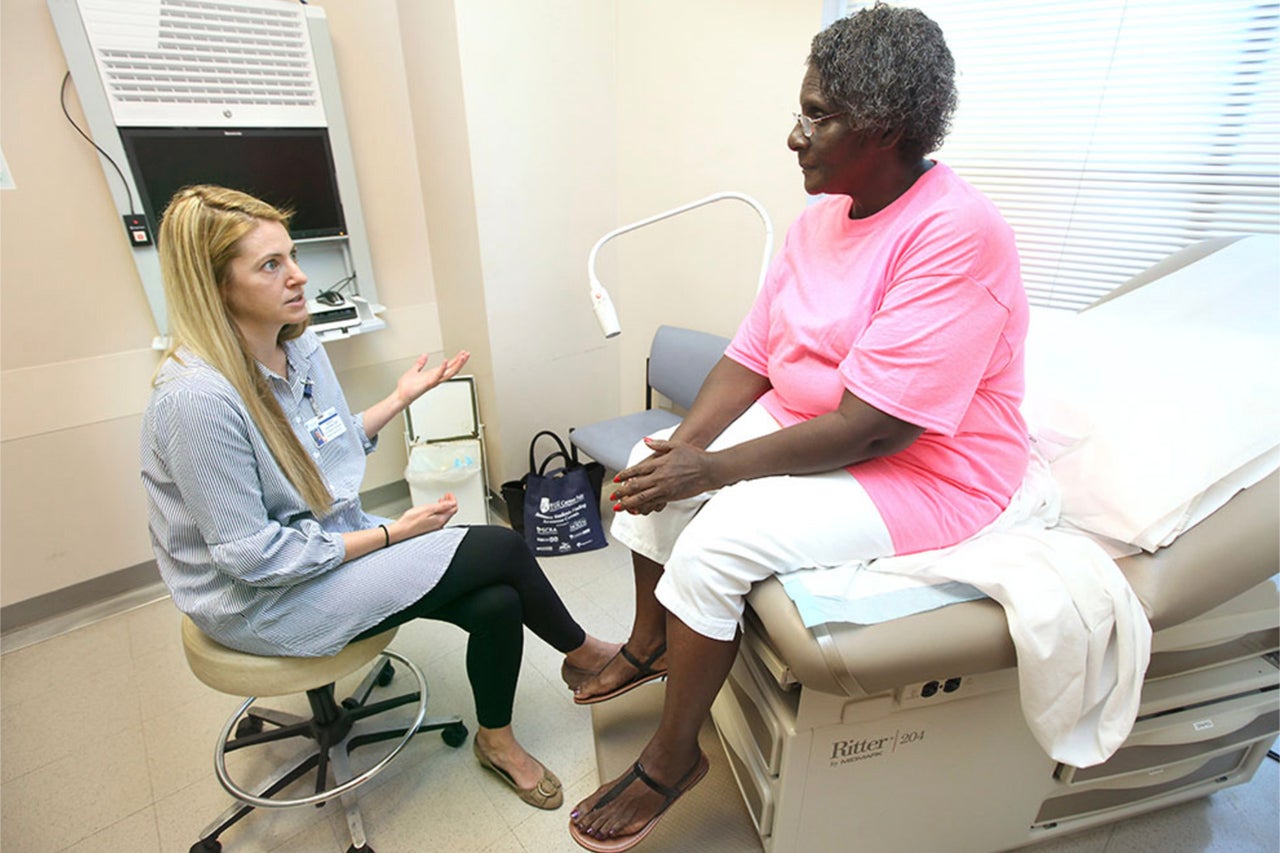Recent headlines have attested to healthcare inequalities for racial minorities, especially if those minorities happen to not identify as male. Why might this be, and how are these inequalities manifested broadly in literature and anthropology – and, more locally – in our own community?
“To begin unpacking these questions, we have a diverse panel of experts,” says Kathleen Béres Rogers, associate professor of English at the College of Charleston, who will be moderating the panel discussion, “Gender, Race and Medicine” at 5 p.m. on Monday, Jan. 28, 2019, in Maybank Hall, Room 100. The event is co-sponsored by the Medical University of South Carolina (MUSC).
Part of the College of Charleston Women and Gender Studies Program (WGS) Intersections series and the College’s Year of Women, celebrating the 100th year of women at CofC, the panel includes MUSC’s Latecia Abraham-Hilaire, assistant professor with MUSC’s Public Information and Community Outreach Program, and CofC’s Alison Foley, assistant professor of anthropology; Lisa Young, assistant professor of English and African American Studies; and Beth Sundstrom, associate professor of communication and director of the Women’s Health Research Team.
And it couldn’t be more relevant. In fact, since 1990, the United States and Serbia are the only developed countries where maternal mortality rates have increased. Of greatest concern, African-American women have a maternal mortality rate three to four times higher than white women.
“For the first time in recent history, American women are 50 percent more likely to die in childbirth compared to their own mothers,” says Sundstrom, whose research employs a reproductive justice framework to understand the intersection of race/ethnicity, immigration status, age, class/socioeconomic status, gender/sexuality and ability. “This approach highlights these dimensions of social inequality and the complex ways that biological, political, social and economic contexts influence health inequities and limit reproductive justice.”
Starting with a broad discussion of social constructions of both race and gender and how they might lead to culturally reinforced healthcare disparities, the discussion will delve into more specific solutions, as well.
Featured image: Gynecologist Autumn Edenfield talks with Mary Lee Cromer, a patient from Huger, South Carolina. (Photo by Sarah Pack/MUSC)




